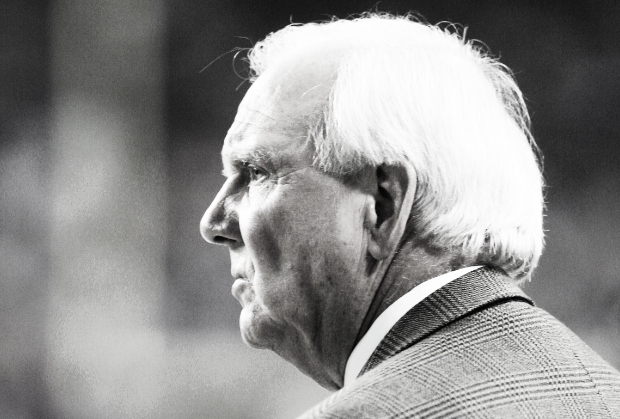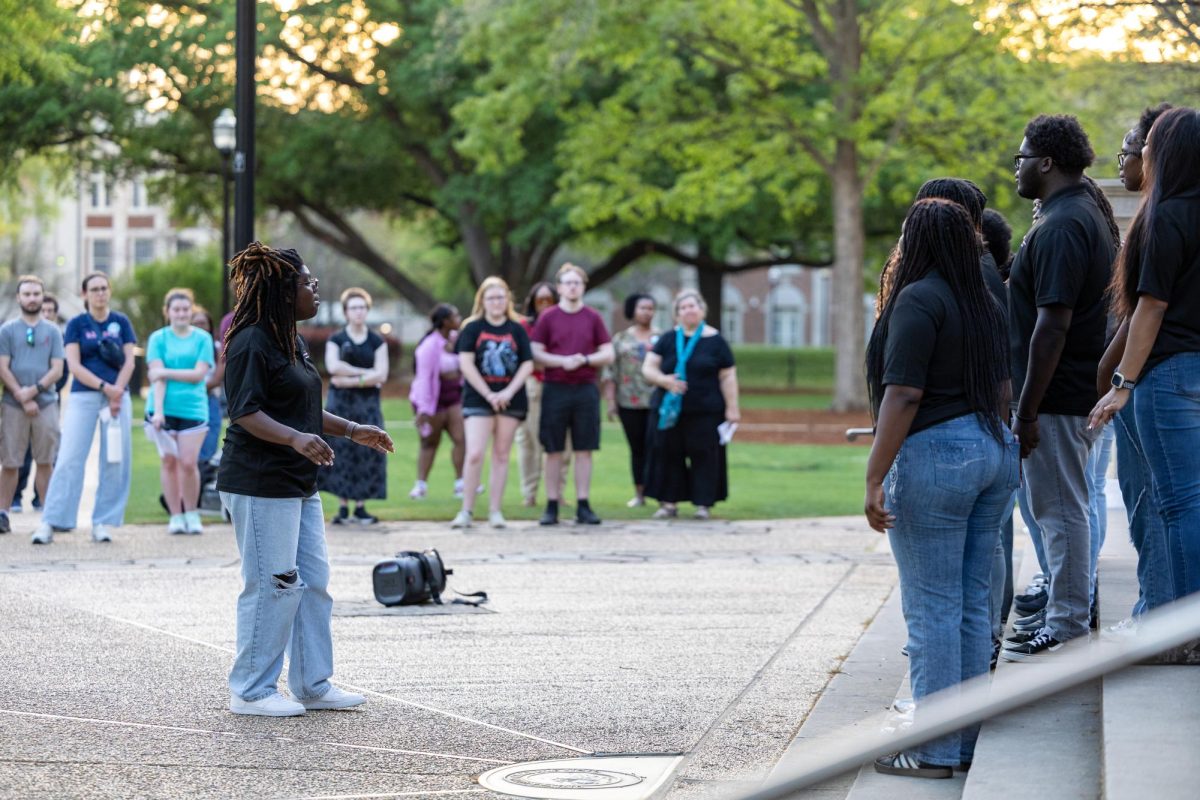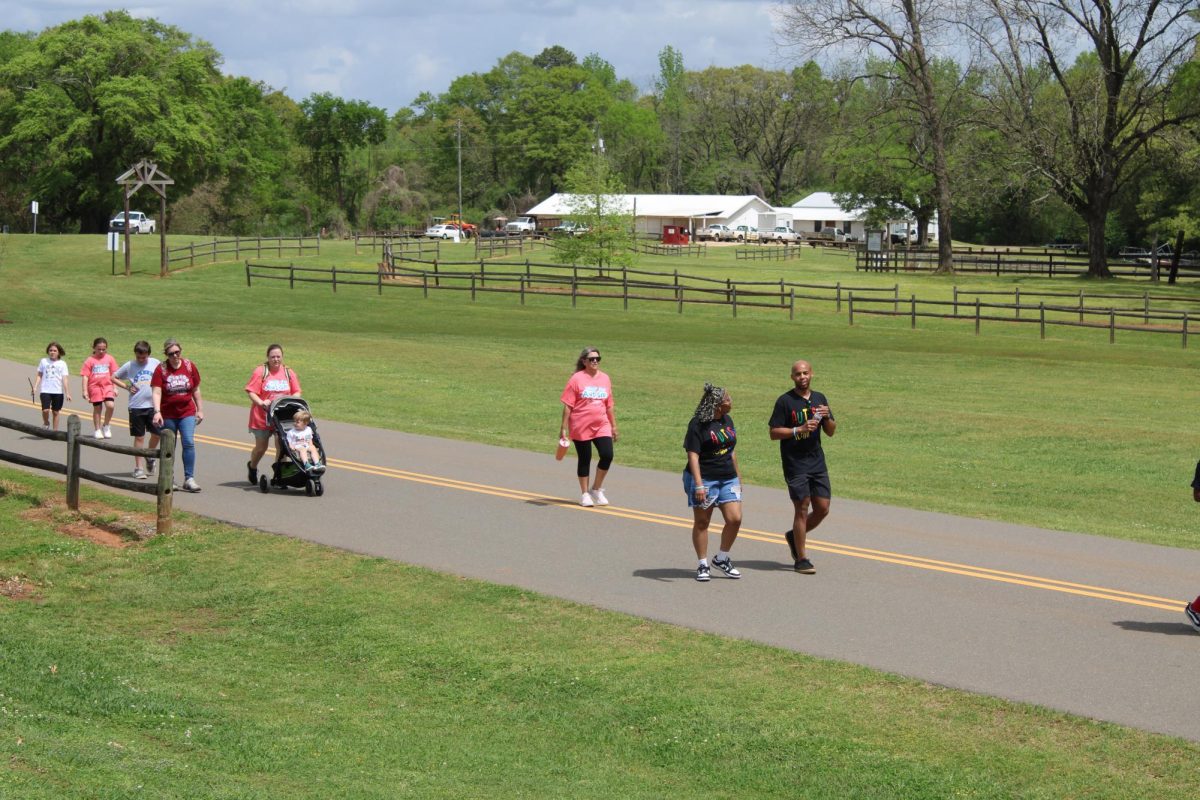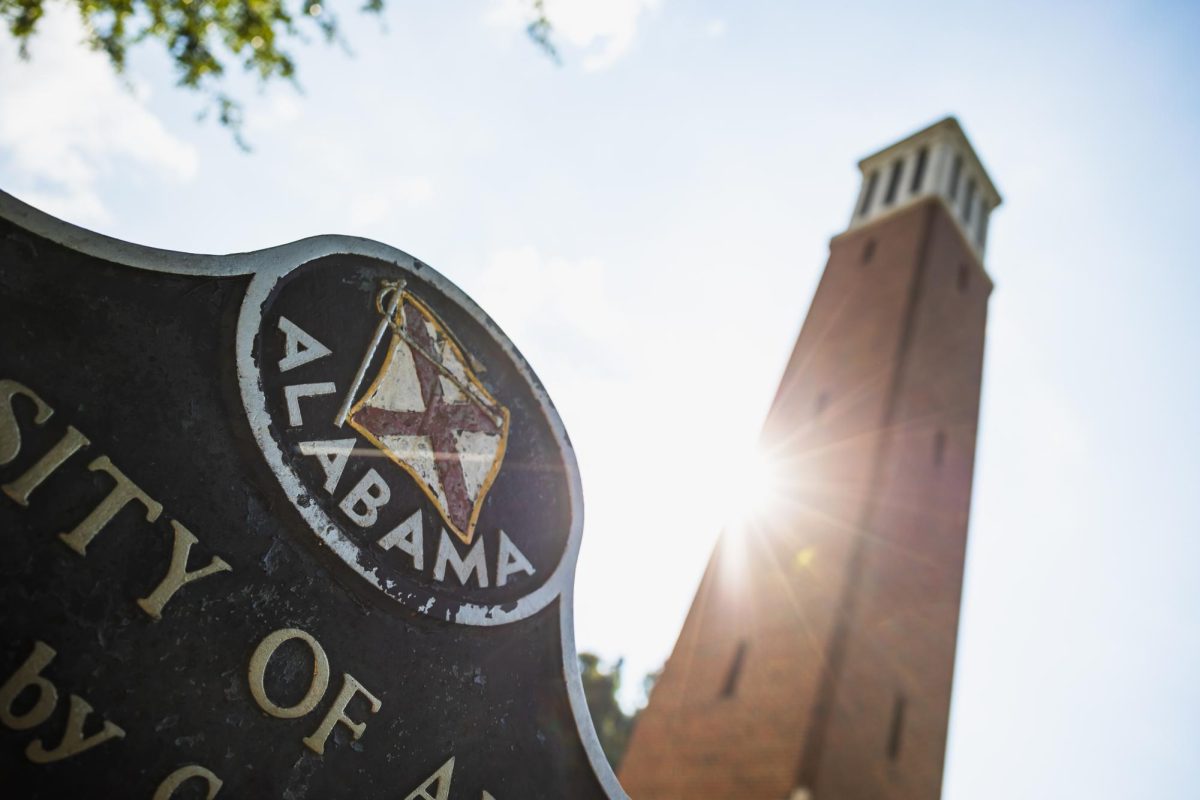Jay Barker’s last conversation with Mal Moore went like many they had during Barker’s career as quarterback for The University of Alabama in the early 1990s while Moore was offensive coordinator for the Crimson Tide.
Moore, as Barker recalls, spent much of the time asking how Barker was doing rather than discussing his own health issues.
“He always worried about you; he always worried about the other person,” Barker said during a telephone interview late Monday. “He always wanted to know how people were doing. I just wanted to go in and thank him and tell him how much of a father figure he was for me and how much I loved him.”
Barker and countless others will remember Moore as a selfless man who always went out of his way to help others.
Moore died Saturday at Duke University Medical Center in Durham, N.C., after a career with Alabama that spanned six decades as a player, coach and administrator. He is survived by his daughter, Heather Cook, granddaughter, Anna Lee, and his grandson, Charles Cannon.
Barker spent much of Monday afternoon reminiscing with former Alabama coach Gene Stallings and sharing stories about Moore. The two went back and forth on Moore’s greatness. Moore recruited Barker when he was a 17-year-old quarterback coming out of high school, and Barker said his time with Moore helped him become the man he is today.
“He always kept things on an even-keel and his personality was so warm,” he said. “He was such a gentleman. I could always go in and talk to him as a young quarterback when I got to Alabama, and he helped me work through all the pressure and things expected of you when you play quarterback at Alabama.”
Moore had brief stops in the NFL and at Notre Dame, but his heart was always at the Capstone. In just one man, Alabama lost so much.
Moore was a father figure, coach, teacher, boss, role model, philanthropist and friend to so many, while making the University one of his top priorities throughout an illustrious career that is sure to leave an unshakable legacy.
“He was such a compassionate person and had to work so hard to get where he was,” Barker said. “I think that process and other things helped humble him and gave him what it took to put Alabama back on top.”
Moore, like any true family member, saw the University during the best and worst of times throughout its athletic history. Since 1941, Moore has been involved with every national championship Alabama has won in some fashion.
“I remember those days – the turnover and the difficulty,” gymnastics coach Sarah Patterson said. “There is not a more gracious man than Mal. There’s not a man of more integrity. From my perspective, this is my 35th year; there is no person that loves the University more than Mal Moore.”
But it’s Moore’s reputation away from athletics that will ultimately define how he is remembered.
“There are very few people that you’ll meet in your life that you won’t have a single bad thing to say about the guy,” said Richard Todd, who played quarterback under Moore in the 1970s. “Mal was a class act.”









